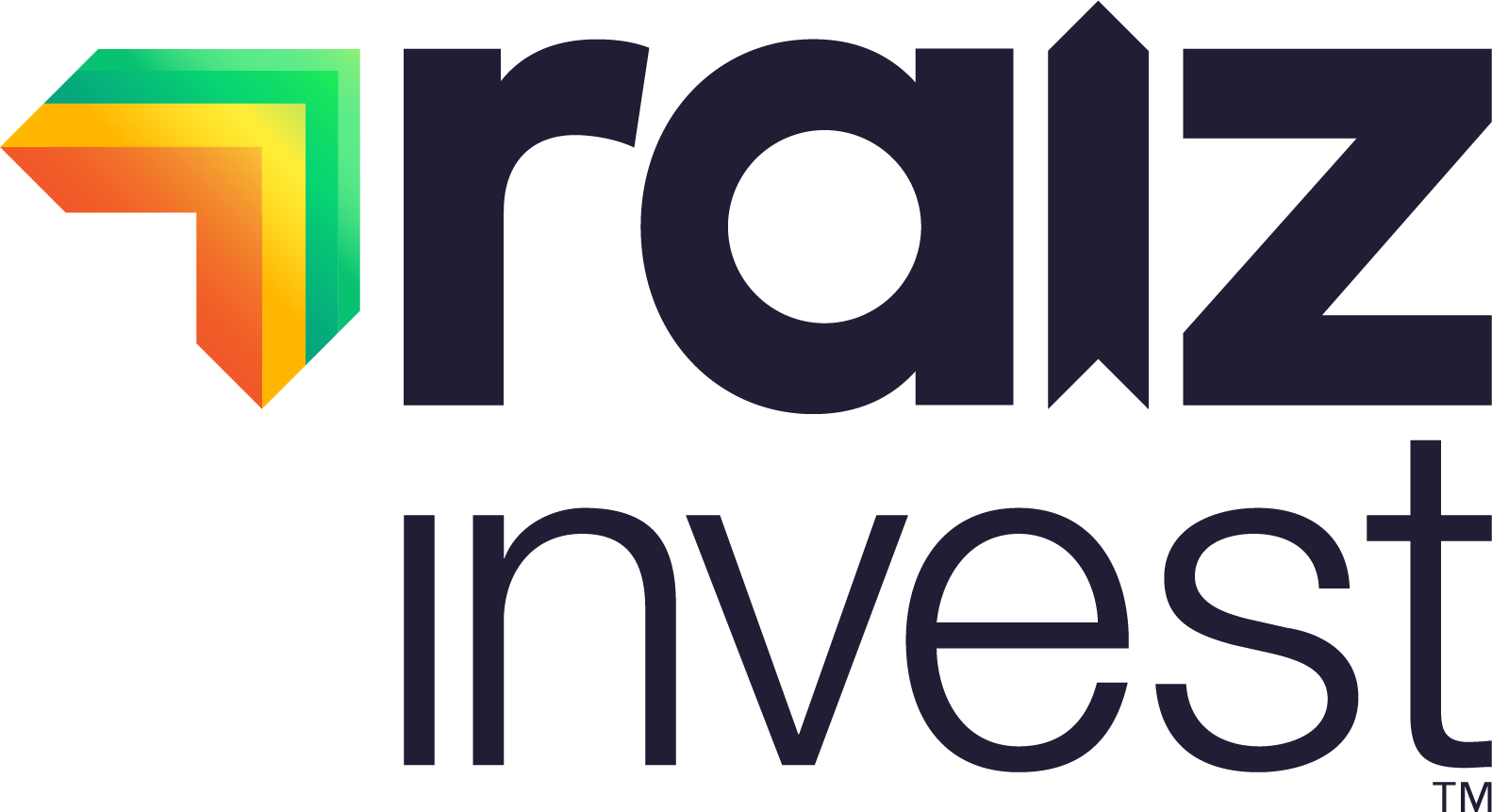Australian dollar lifts as iron ore price soars

21-12-2020
George Lucas, Raiz Group CEO
This week, the Australian dollar hit a two-and-a-half year high buying 76 US cents, hitting a level not reached since June 2018 and up from around 56 US cents at the depth of the pandemic this year.
It’s part of a bigger story that’s seen the local currency become a standout performer over recent weeks as it appreciates against the US dollar. It has lifted about 7% against the greenback since the start of last month and has been the strongest performer among G10 currencies so far in December. We think its strength against the greenback will probably continue over the next couple of years.
A major driver for what’s happening with the currency is that the Australian dollar is one of the big beneficiaries of the rally in risky assets since the start of November. As one of the currencies most sensitive to changes in risk appetite, it has been the beneficiary of improving global risk sentiment.
Another key reason why the Aussie, in particular, has done well recently is that the price of iron ore, one of Australia’s key exports, has jumped sharply. This is in large part thanks to ongoing strength in China’s construction sector, the improved outlook for the global economy following announcements on effective COVID-19 vaccines, and continued supply constraints in key producer countries.
The prices of most other commodities, which includes many emerging markets, have also risen, generally improving Australia’s terms of trade. On this basis, AUD should be well over 80 US cents.
China demand fuels iron ore earnings
As global economic activity rebounds, Australian iron ore earnings are on track for an all-time high in 2020/21. However, there is a risk that China continues its trade war with Australia and could slow down imports of iron ore like it has done for coal, representing a downside risk to the forecasts.
Also, many of the pandemic-related supply constraints associated with iron ore, notably supply issues out of major exporter Brazil, may ease, pushing the market into surplus.
Global economy likely to rebound in 2021
On the up side for next year, the global economy will probably be stronger than most expect and we anticipate that many central banks, including the Reserve Bank of Australia, will maintain an accommodative monetary policy stance for some time yet to support their domestic economies.
On that note, Australia’s government revised up its estimate for its underlying cash balance in 2020/21 which underlines that the economy is recovering much faster than most had anticipated.
The fall in the unemployment rate to 6.8% in November leaves the jobless rate on track to drop to 6% by the middle of next year, so help from the RBA on that front will probably stop now.
‘No deal’ Brexit looms for UK
Elsewhere, it looks like a no-deal Brexit for the UK although talks with the EU have restarted in the hope of a striking a deal. However, as in previous episodes of the Brexit drama it is hard to know what to make of the various rumours from Brussels and Westminster.
Looking at implied volatilities as a gauge of market fear of a no-deal Brexit, most financial markets have seen this volatility gradually receding. That’s except for the UK pound.
In previous low points of the Brexit negotiation process there were significant speculative positions against UK Pound, suggesting investors anticipated that the pound would fall further then. In contrast, this time around investors have so far been broadly neutral on sterling’s prospects.
The market is probably expecting a large fall in the pound if the UK leaves on 31 December with no deal. It’s also what many pro-Brexit UK politicians would hope for, making the UK more competitive than Europe.
Important Note: The information on this website is provided for the use of licensed financial advisers only. The information is general advice and does not take into account any person’s particular investment objectives, financial situation or investment needs. If you are an investor, you should consult your licensed adviser before acting on any information contained in this website.
Investors only: The information in this Document is confidential it must not be reproduced, distributed or disclosed to any other person unless it is part of their statement of advice. The information may be based on assumptions or market conditions and may change without notice. This may impact the accuracy of the information. In no circumstances is the information in this Document to be used by, or presented to, a person for the purposes of making a decision about a financial product or class of products.
General advice warning: The information contained in this Document is general information only. It has been prepared without taking account any potential investors’ financial situation, objectives or needs and the appropriateness of this information needs to be considered in that context. No responsibility or liability is accepted by Instreet or any third party who has contributed to this Document for any of the information contained herein or for any action taken by you or any of your officers, employees, agents or associates.



